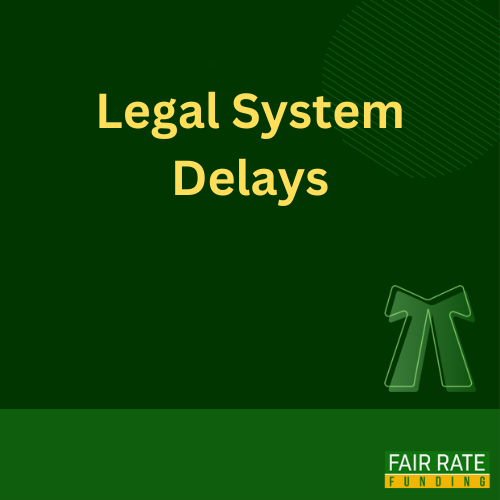Lawsuit Loan Underwriters – Essential to the Process
Although lawsuit loan underwriters approve cases for funding, many applicants feel and approval is a foregone conclusion. However, many applications fall short of the requisite criteria for a funding approval.
More goes into underwriting a lawsuit loan or cash advance than most people realize. Analyzing each fact pattern, the applicable laws from each state, insurance coverage, damages assessments and a myriad of other factors is the job of the lawsuit loan underwriter. The professionals who occupy these roles normally come from a few typical occupations. In this post, we discuss some of the most common.
Legal Professionals for Lawsuit Cash Advance Funding
Most lawsuit loan underwriters have a background in the legal field. Legal professionals are in an ideal position to best analyze a potential case, identify potential problems, and assess each cases’ likelihood of success. Legal professionals such as attorneys or paralegals bring their education and experience into the lawsuit funding underwriting process. Their experiences also assist with client interaction and also allow them to speak intelligently with plaintiffs and their counsel.
Insurance Adjusters for Lawsuit Cash Advance Funding
Individuals who previously worked in the insurance industry also possess valuable experience beneficial to underwriting operations. Insurance professionals, especially those who were adjusting potential claims (claims adjusters), are able to assess the cases likelihood of a lawsuit’s success at trial. They also have valuable experience in understanding how insurance companies value these claims/lawsuits and what might be offered as a settlement.

Evaluating cases for lawsuit cash advance funding is subjective. What one lawsuit loan underwriter sees, another may not see because his/her experience is different. Nevertheless, similar factors are calculated for every applicant. Pain and suffering, loss wages and/or earning capacity, loss of consortium are simply a few examples of these typical considerations. Insurance adjusters make good lawsuit funding underwriters because they have seen thousands of fact patterns with similar damages through their work in the claims management field.
Factors such as the particular insurance carrier, relationships with certain adjusters, jurisdiction, venue, lawsuit loan documentation, and a host of others factors, lead to an accurate estimation of a lawsuit’s settlement value. This estimate is very valuable to those lawsuit settlement funding companies.
Risk Management Specialists as Lawsuit Loan Underwriters
Risk management is also a large part of the lawsuit cash advance funding business. Lawsuit funding outfits therefore use portfolio managers to add safety to the portfolio through diversification.
For example, a manager’s analysis of and existing lawsuit cash advance funding portfolio could reveal a larger than appropriate amount of TV Mesh lawsuit funding deals as compared to other types of funding such as car accident lawsuit funding. In response, the manger might then recommend a slow down in the acceptance of these cases for funding or even a temporary shut down until the ratio returns to an acceptable range.
Moreover, portfolio managers ensure that exposure to any one lawsuit cash advance funding deal would not be catastrophic to the entire portfolio if the case should happen to lose. For example, if there is a $20 million portfolio, the risk manager may suggest that no more than $200,000 be advanced on any one case. Because any lawsuit funding loss is a total loss, losing a $4 million dollar funding for example, would be a 10% loss of total capital and could be catastrophic to the fund’s profit projections since the return on the remaining capital cannot possibly make up the difference (short term) even in the most optimistic of scenarios.
Final Thoughts about Lawsuit Loan Underwriters
We have provided a few of the most common professional backgrounds often employed by litigation loan companies in an effort to help our readers gain a better understanding of the lawsuit cash advance funding industry. We trust these writings are successful in reaching this goal.
Why Choose Fair Rate Funding
You obviously have a choice in who you use for legal funding. We offer:
- Simple and Easy Process – Approval only on the strength of your case.
- Risk – Free Proposition – Only repay if you win your case.
- Rapid Approval and Funding – Approvals often within 24 hrs.
- Up Front Pricing – Absolutely no hidden fees.
Give us a call and learn about your options. We are here to help and are at your service.
Thank you for your interest in the lawsuit cash advance funding business.










